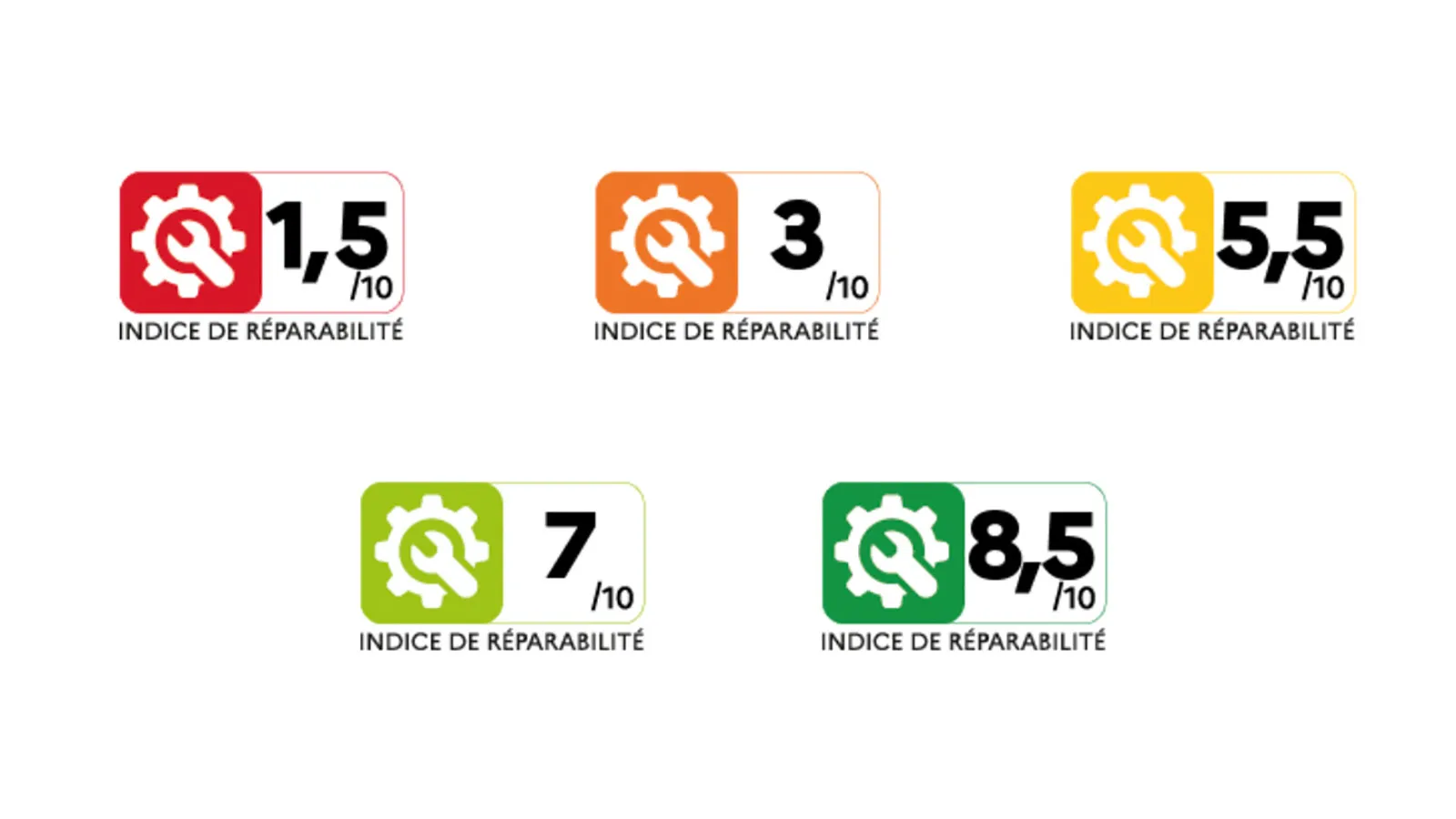A European Union directive restricting greenwashing practices went into force on Tuesday, including a ban on misleading claims about repairability. The directive requires sellers to include available information about repairability and repair services.
The “empowering consumers for the green transition” directive mostly aims to restrict misleading environmental claims. Sellers will only be allowed to display sustainability labels that are backed by a certification scheme verified by an independent third party. Terms like “climate neutral,” “carbon positive,” and “climate net zero” will be restricted to products that can make the claim based on the lifecycle impact of the product itself, not on offsetting of greenhouse gas emissions.
Repair-wise, the directive says that companies can’t falsely call something repairable when it’s not. Specifically, sellers will have to publish the methods of comparison for any claims to repairability, durability, and recycling. When manufacturers have published information about what repairs are available for a product and the product’s EU-wide repairability score, sellers will have to make that information available to consumers. Since these rules regulate “traders,” not manufacturers, they won’t automatically make repairability score information available—sellers won’t be required to publish something that manufacturers haven’t shared. The EU has not yet finalized the methodology or administration of their upcoming repairability scoring system.
Sellers will also have to inform consumers about how long manufacturers have committed to providing free software updates, and those updates will have to be clearly divided into “necessary” and “enhancing” categories.
European repair advocates praise the directive’s “step towards more clarity for consumers” but emphasize that it sets no new information requirements. The effectiveness of the directive is dependent on the requirements set forth in other EU regulations, including ecodesign. European Environmental Bureau advocate Sonja Leyvraz further criticizes the directive’s failure to ban early obsolescence: “While the new law makes it illegal for traders to advertise products that have an early obsolescence feature, this is only the case if the feature was known to the trader—something that is very difficult to prove in practice.”
 EU member states have 24 months (by 26 March 2026) to transpose the directive into national law; those laws will have to come into force within 30 months of adoption. Thus, by 26 September 2028 at the latest, all EU countries will be enforcing this directive.
EU member states have 24 months (by 26 March 2026) to transpose the directive into national law; those laws will have to come into force within 30 months of adoption. Thus, by 26 September 2028 at the latest, all EU countries will be enforcing this directive.
Until then, advocates will continue to push for strengthening the other legal frameworks that give this one force, including the ongoing development of a EU-wide repairability scoring system.
More News
- 137 billion pounds of e-waste: A new UN report finds that in 2022, humanity churned out 137 billion pounds of e-waste—more than 17 pounds for every person on Earth—and recycled less than a quarter of it. That represents about $62 billion worth of recoverable materials, like iron, copper, and gold, hitting landfills each year, Wired notes. The report predicts that e-waste will grow by 33 percent by 2030. During the same period, the recycling rate could decline to 20 percent based on current trends.
- Repair shop access to car data is low risk, according to the DOJ and FTC: Both agencies are in support of exemptions for the automotive aftermarket parts industry as part of their petition to the Copyright office. They say the concerns about the risk that access to telematics data for independent repair shops is overblown and actually a “competitively harmful bottleneck” that is making car repairs more difficult and expensive than they should be.
This article was originally published on the iFixit blog page at https://www.ifixit.com/News/93415/lying-about-repairability-is-now-illegal-across-the-eu on March 28, 2024. All content and images used are with approval by iFixit.